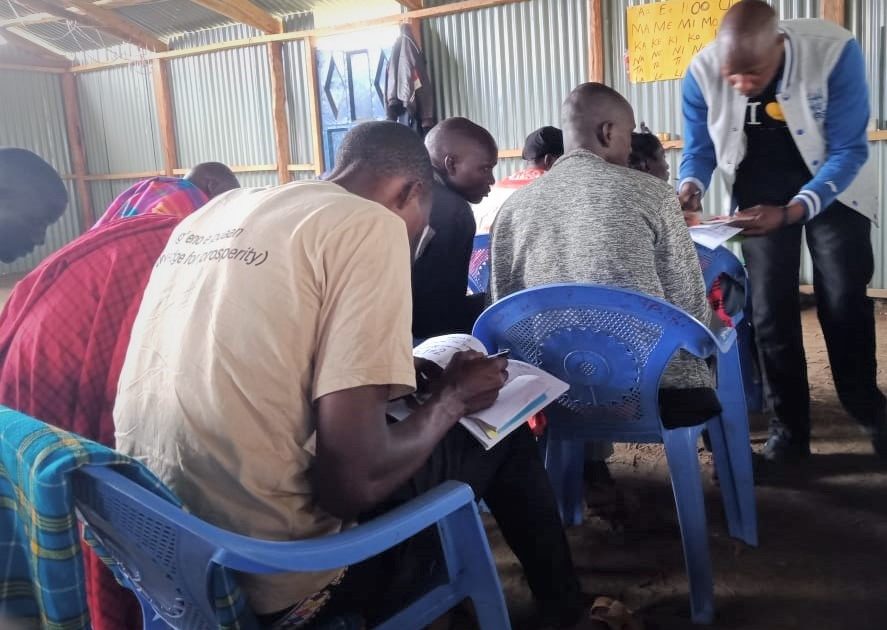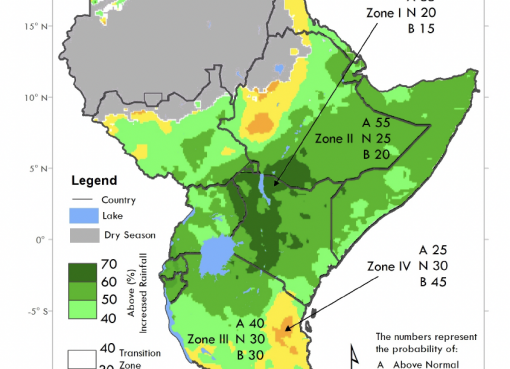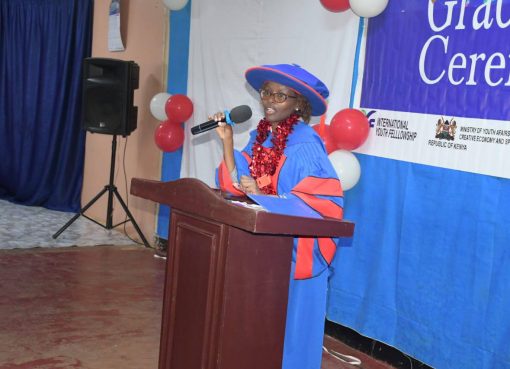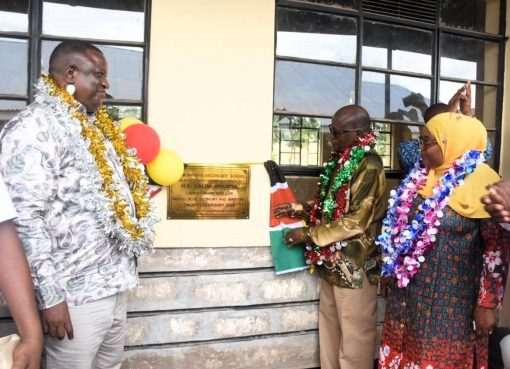United Nations Educational, Scientific and Cultural Organization (UNESCO) defines literacy as the ability to read, write, speak and listen in a way that lets us communicate effectively and make sense of the world.
According to the World Bank report on literacy, the global literacy level rate for people aged 15 years and above stands at 86.3 per cent, with over 800 million people including children and adults still lacking literacy skills.
In Africa, African Union (AU) statistics of 2019 estimates literacy levels in African countries to be at 70 percent which is slightly lower than the global threshold of 90 per cent.
Adult education is a practice that involves teaching adult people beyond the school-going age. It is mostly offered through programmes to help adults acquire or continue with their education so that they can thrive in their profession.
During the 15th anniversary of Kenya’s independence in 1978, President Daniel Arap Moi decreed that a National Programme be launched to eradicate illiteracy known as Non-Formal education (Elimu ya gumbaru in swahili).
Since then, Kenya has seen a drastic improvement in the adult education sector with an annual rate of 12.1 per cent. As of 2018, Kenya’s adult literacy rate was at 81.5 per cent, up from 78.7 per cent in 2014. This gradual increase in adult literacy levels can be attributed to adult education’s initiatives in popularizing adult education popularly known as ‘gumbaru’ that has helped boost adult literacy.
However, Narok County still records significantly high levels of adult illiteracy owing to the predominant socio- cultural and economic practices of the Maasai community which is Female Genital Mutilation (FGM) where the girls are then married off early, moranism and pastoralism which is accompanied by nomadism as they search for pasture for their livestock. This does not provide a conducive environment for education to thrive in a community.
According to a report by the Kenya Inter Rapid Assessment of 2014, on average, literacy level in Narok stands at 56.3 per cent, with only 0.4 per cent attaining university education and 8.9 per cent acquiring secondary education.
Additionally, the population of people who can read and write in the county stands at only 41.4 per cent, a rate lower than the national threshold of 66.4 per cent, thus ranking it at number 42 among 47 counties.
One of the challenges that adults expressed with regards to adult education is the stigma that comes with joining adult literacy classes.
Jackson Kilesi, an alumnus of Nairegi Enkare Vocational School in Narok County, says that he was forced to quit school to cater to his family.
This was after his father married new spouses abandoning the family and leaving the task to providing for the family to him. During the pandemic, he had the chance to attend a sensitization forum that linked him to a sponsor who helped pay for his studies at the vocational school.
At the initial stages, he had reservations based on his age and how society would perceive him for putting a stop to work to attend classes. However, when he overcame his fears, he was able to finish a mechanical course that allowed him to be self-employed, repairing motorcycles in his home area.
“People around me can read and write and they are succeeding in their businesses, so will I take the advantage offered,” said Kilesi.
UNESCO argues that illiteracy stifles opportunities for innovation and dampens the economic potential of millions of people.
The principal of Nairegi Enkare Vocational Centre, Mr. Olomunyak Nairuko says that it’s unfortunate that men shy away from joining the vocational school as compared to ladies. He attributes this to the fact that most of them have families and that society expects them to provide for leaving them with little or no time to go back to school.
He also states that strategies to improve participation in adult education like civic education, support materials, innovative teaching methods should be looked into in order to enhance adult learning to open up new avenues of income generation.
Currently, the school has a total of 70 students with 12 teachers. However, the shortage of teachers and proper equipment remains a challenge forcing the institution to outsource from neighboring schools which Mr. Olomunyak terms as expensive.
During this year’s World Literacy Day celebrated on September 8 in Suswa in Narok East, the New Counsellor for Development Corporation of the Swedish International Development Agency, Ms. Lena Rupp, said they will be piloting the Technical and Vocational Education and Training Curriculum Development, Assessment and Certification Council (TVET-CDACC) competency-based at level 4 in five skill areas namely welding, plumbing, electrical installation, foods and beverages, and fashion design.
This is aimed at empowering adults in Narok to gain skills that will help them earn an income and become self -reliant.
The coordinator of Regional Manager for Forum CIV hub Eastern and Southern Africa, Jackson Obare, said that the Covid-19 pandemic disrupted learning among both adults and children. These effects magnified pre-existing inequalities regarding access to meaningful literacy and opportunities.
He added that lack of access to electricity and connectivity infrastructure and technology limited learning avenues hence they had to embark on adaptive learning to prevail during the pandemic and enable learners to carry on with their studies.
In a bid to attain a newly industrialized status, Kenya’s Vision 2030 endeavors to develop the relevant human resource base through Adult Learning and Continuing Education which is just one of the sure ways to achieve this.
By Mabel Keya Shikuku and Vivian Hassan





